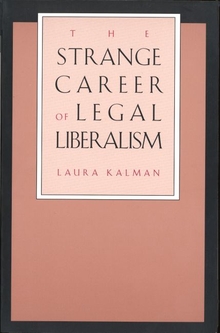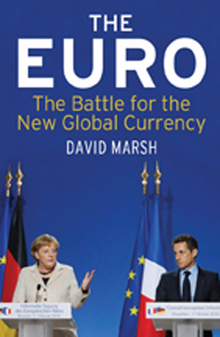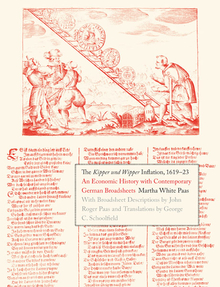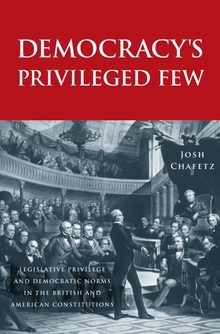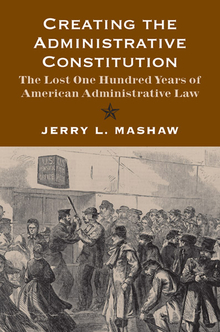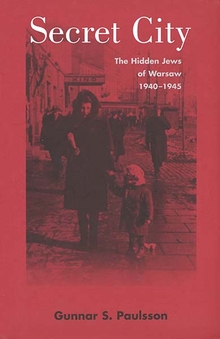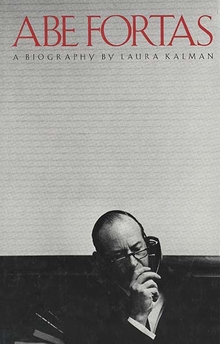The Strange Career of Legal Liberalism
WARNING
You are viewing an older version of the Yalebooks website. Please visit out new website with more updated information and a better user experience: https://www.yalebooks.com
Laura Kalman
Kalman, a historian and a lawyer, suggests that reliance on history in legal thinking makes sense at a time when the Supreme Court repeatedly declares that it will protect only those liberties rooted in history and tradition. There are pitfalls in interdisciplinary argumentation, she cautions, for historians' reactions to this use of their work have been unenthusiastic and even hostile. Yet lawyers, law professors, and historians have cooperated in some recent Supreme Court cases, and Kalman concludes with a practical examination of the ways they can work together more effectively as social activists.
"This book . . . will surely add to [Kalman’s] reputation as a leading intellectual historian of American Law."—Calvin Woodward, New York Times Book Review
"A rollicking romp through a half-century of law and legal scholarship…a bold project of intellectual synthesis."—Barry Friedman, New York University Law Review
"Laura Kalman invents a fresh art form: intellectual history by conversation. A shrewd, lively and sometimes wickedly funny guide to the arguments of lawyers, historians and social scientists in the last generation about the role of courts and judicial review."—Linda K. Kerber, May Brodbeck Professor in the Liberal Arts and Professor of History, University of Iowa
"Laura Kalman's The Strange Career of Legal Liberalism provides an analytical account of the interdisciplinary adventures and misadventures of academic lawyers during the last several decades. It is a study of interest and importance for historians of American ideas and for members of the legal profession."—John Morton Blum, Sterling Professor Emeritus of History, Yale University
"Laura Kalman has read an astonishing amount of the legal scholarship written over the past thirty years, and she is an incomparable guide to the present legal-academic landscape. She is particularly incisive about the disillusionment of much of the academy with traditional legal analysis and the concomitant attraction of "interdisciplinary" approaches to law. Every legal academic will want to read The Strange Career of Legal Liberalism, but so, too, should anyone interested in the present state of American academic culture."—Sanford Levinson, University of Texas Law School
"Laura Kalman's new book constitutes a unique contribution to legal and historical scholarship. She addresses an important issue, which no one is more qualified than she to address."—William E. Nelson, New York University School of Law
"Through this entire story that is told with love and care, Kalman tries to evaluate what is going on without being so intrusive as to turn her narrative into just another piece of the action. And she succeeds markedly."—John Henry Schlegel, Law and Social Inquiry
"A fascinating, complex, and rich examination of the intellectual odyssey of liberal legal thought in the latter half of the twentieth century. . . . For those interested in how legal liberals coped with the world around them, [this book] is a must read."—Gerald N. Rosenberg, Law and Politics Book Review
"This is a rewarding and insightful book that seeks to explain where, intellectually and politically, contemporary liberal legal academics stand and how they got there. . . . Kalman has written a sophisticated and highly informative book that provides an illuminating map of key debates that helped drive legal academic discourse during the past three decades. It will be essential reading for anyone interested in the intellectual history of the contemporary law teaching profession or the perplexing interplay between law and history that original intent constitutionalism inspired in the 1980s."—Edward A. Purcell, Jr., American Historical Review
"[An] utterly absorbing and intricately argued book. . . . This is a very important book about a narrow professional argument with dramatic public implications."—Choice
"Undoubtedly valuable to lawyers and legal scholars who want to understand the uses and limitations of history in legal discourse, Kalman’s book will serve historians primarily as an intellectual history of twentieth century American constitutional theory."—Michael Les Benedict, Journal of American History
Publication Date: August 11, 1998

